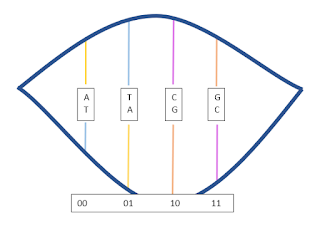One, then Two, then More pt. 2
Last post , I talked about how the first animal was created, the one to have consciousness. I touched on how this will affect the courts, and how every legal document would have to be changed to accommodate the new species. And as a parallel event, the turmoil that is caused by the public realization and acceptance (and lack thereof) that there is an animal capable of creating their own unique thought like a human is. How would it play out if the animal was a pet species? I also touched on an early societal events sparked by the announcement including but limited to the social movements immediately born after the event. The endless news stories, periodicals, and blogs that touch on this. What will I be doing when the event happens? Nonetheless, now we can take a look on the global level. For this hypothetical, I will stay with the assumption the United States are the ones to create the animal. The World and the United Nations Say what you want about the United Nations, inte

